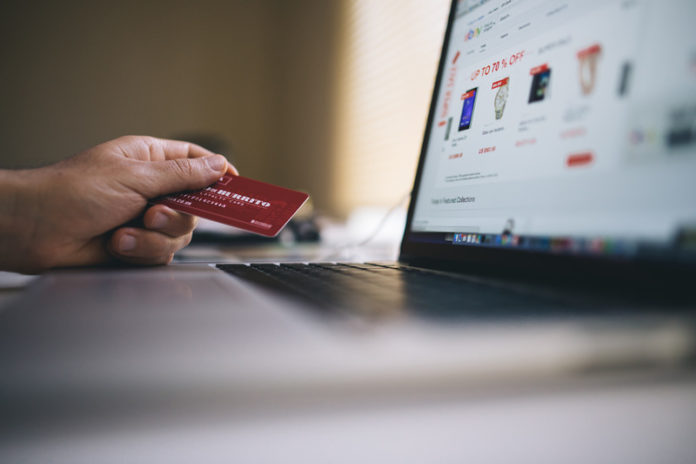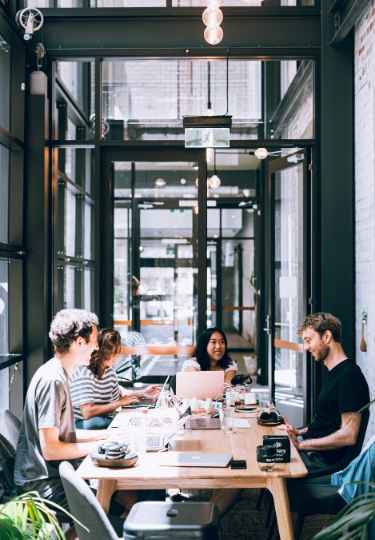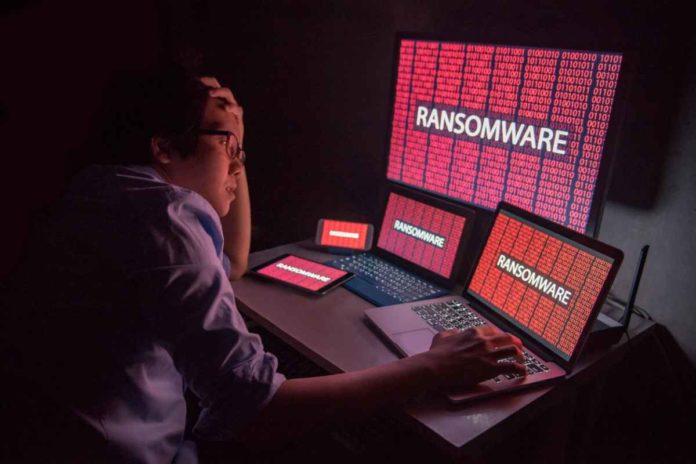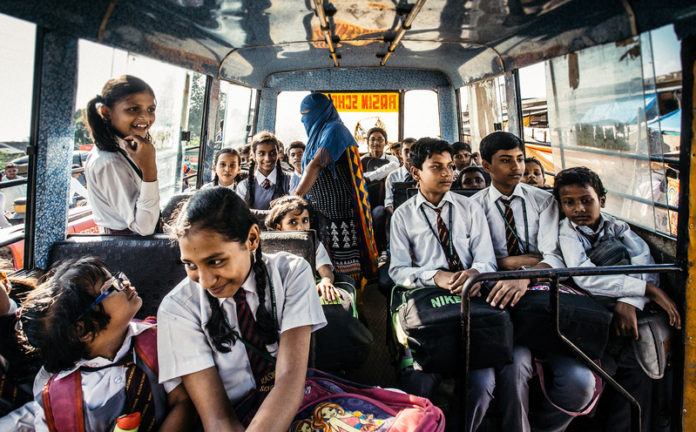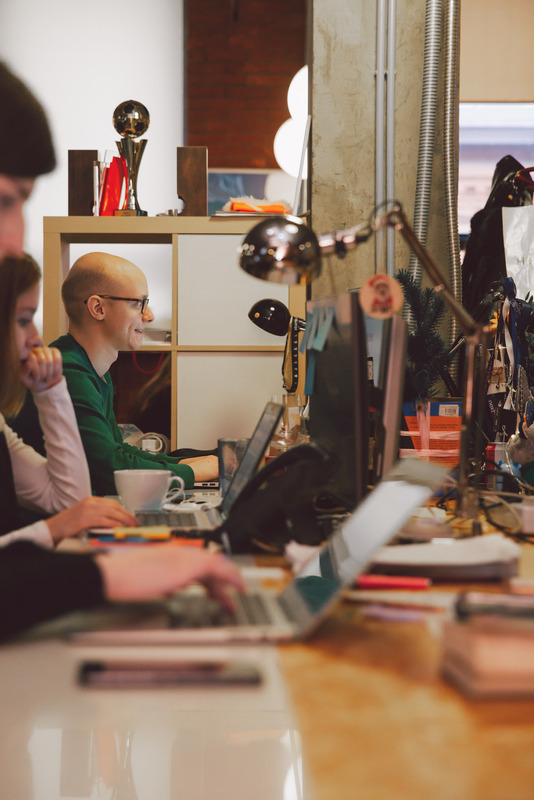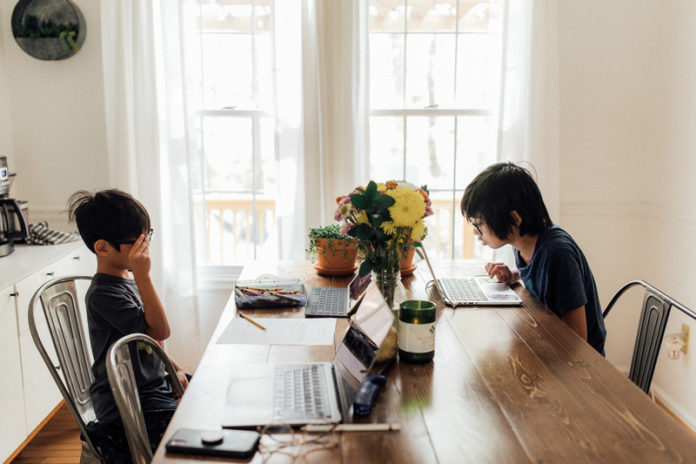The celebration of the Pride Month and initiatives this year was different from the previous years as people shifted to digital platforms to connect while keeping in mind the significant protocol of maintaining social distancing. What exactly is Pride Month?
Pride Month or the LGBTQ+ Pride Month is celebrated to honor and commemorate the Stonewall riots, which took place in 1969. Several protests and demonstrations by the members of LGBTQ+ communities took place in response to the violent attacks of the police in Manhattan New York City; as well as to spread awareness about all the people belonging to the LGBTQ+ community who struggle to gain acceptance in the society, and are often discriminated over their sexual preferences and gender identity.
The Stonewall riot is a historical event of significant importance. It strengthened the foundations of the liberation, freedom, and rights of the LGBTQ+ communities against the anti-gay legal system of the United States. Since then, June month is traditionally celebrated worldwide, accompanied by a Pride March or Pride Parade, with rainbow colors as a symbolic and respectful representation of the community.
Given the adversities and crises of the COVID-19, the LGBTQ+ communities, activists, and supporters took to social media and other digital platforms to celebrate Pride Month. Not only people showed their acknowledgement and support towards spreading awareness about the inclusivity and acceptance of the LGBTQ+ communities, but several prominent global tech brands took several initiatives to support Pride Month.
To honor the Pride Month, Apple launched the Pride-themed Apple watch bands, that had rainbow colors situated at the holes of the wrist band of the watch. The company draws its inspiration from its CEO, Tim Cook, who has openly acknowledged being gay and has always used his platforms and demeanor to extend support and recognition of the LGBTQ+ communities.
In Tim Cook‘s words, “I’m proud to be gay, and I consider being gay among the greatest gifts God has given me.”
On the other hand, another tech-giant, Microsoft revealed its Pride Collection products that include a wide range of skin covers for the Microsoft Surface devices, and an LGBTQ+ inspired merchandise such as hoodies and t-shirts. Microsoft owned Xbox also released a collection of games chosen by the people of LGBTQ+ community such as Borderlands 3, Life is Strange, and The Outer World. Moreover, Xbox also donated $250,000 in support of the NGOs that cater to the LGBTQ+ community. Microsoft also created an exclusive forum page, wherein the people of the community can openly discuss topics related to the community and share Pride sentiments.
India’s top technology companies also showed their support for LGBTQ+ communities. They created positions for the Diversity and Inclusion officer, whose primary job is to ensure inclusion, acceptance, equality, non-discrimination, and diversity at the workplace. Moreover, Infosys Gay Lesbians and You (IGLU) is the company led initiative that ensures open communication about the policies that directly impact the LGBTQ+ community.
Some of the other best practices include paid leaves for adoption to same-sex couples for up to 12 weeks by Tech Mahindra. Wipro has facilities for the gender-neutral signages for the restrooms. Even the Human resource team assigned for the role of recruitment has specific instructions to use gender-neutral language while recruitment processes. There are many tech companies in India, such as Godrej that have anti-discrimination policies and has created the Godrej India Culture Lab.
Parmesh Shahani, the founder of Godrej India Culture Lab states, “I am spending most of the Pride Month doing a lot of webinars with companies who want to talk about LGBTQ, and I think it’s vital because especially in a post-COVID scenario, it’s vital that companies keep their eye on the inclusion ball.”
Another unique initiative was taken by Facebook-owned social media platform, Instagram, that released an array of features such as hashtag, stickers, and filters to honor the Pride Month. The hashtag feature allowed people to use words such as #Pride2020 in rainbow color. The direct message feature of the application also allowed users to use a different set of Pride Month dedicated stickers every day. Similarly, other social media platforms such as Facebook and Snapchat also rolled out features such as rainbow themed filters and frames.
Jess Harvie, the D&I Manager of Snapchat, stated, “Pride is one opportunity for us to celebrate and uplift our internal and external LGBTQ+ community and support the breaking down some of these barriers as we work to create more inclusive spaces.”
Tara Bedi, the Public Policy and Community Outreach Manager of Instagram, stated in a press release, “We understand the challenges and diversity of emotions that the LGBTQIA+ community faces every day, and want our platforms to be safe spaces for them to express themselves. Especially during COVID-19, we want to help the community celebrate virtually, find support online, and stay connected with the people they love.”
These giant global tech companies have come together with initiatives to create a safe and harmonious environment for the LGBTQ+ community so that the inclusivity and acceptance can be promoted at a broader scale.



